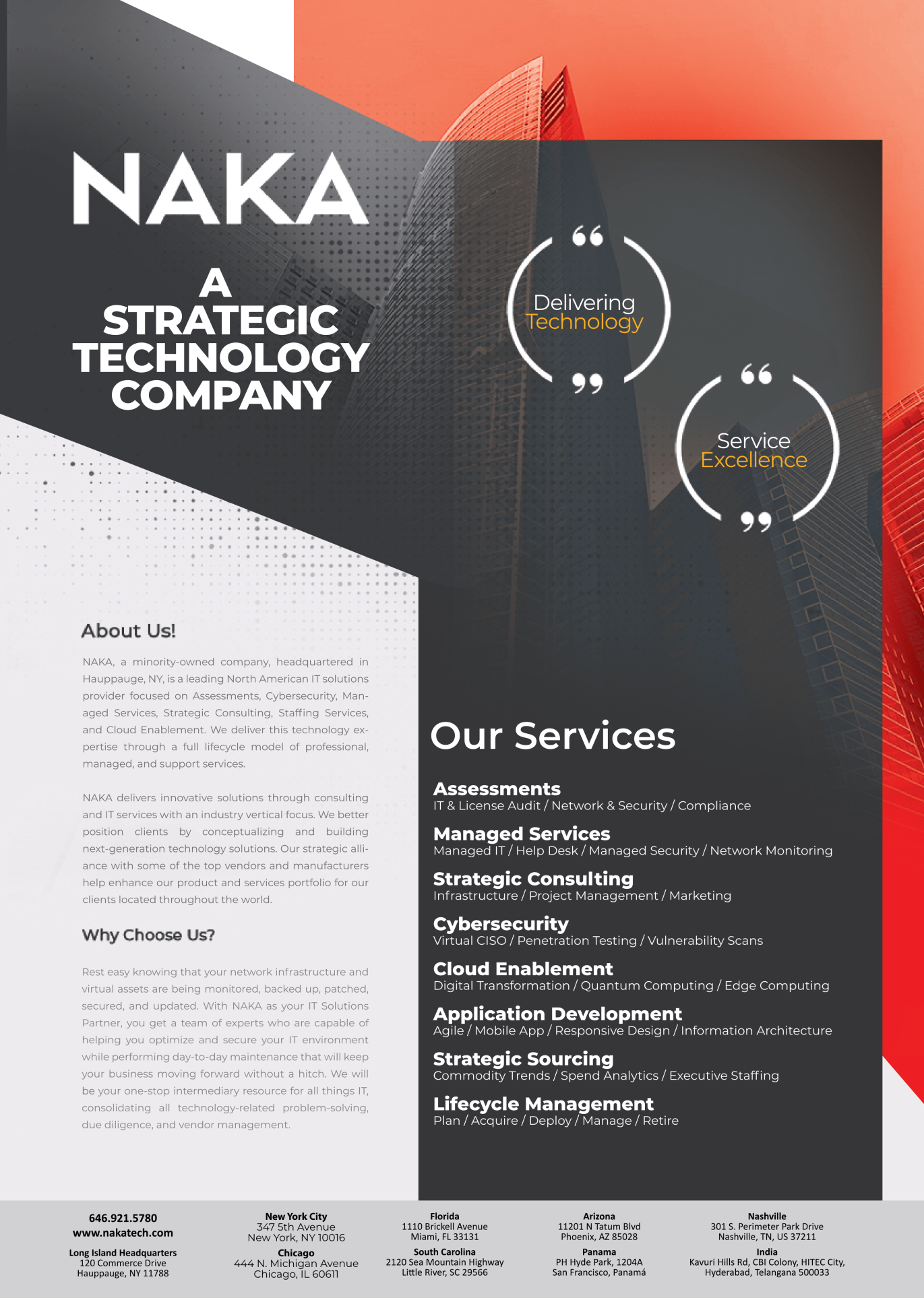Benefits of Robotic Process Automation: Why Every Business Should Consider RPA

Benefits of Robotic Process Automation: Why Every Business Should Consider RPA
In today’s fast-paced business landscape, staying competitive and efficient is more critical than ever. One of the key technologies driving this efficiency revolution is Robotic Process Automation (RPA). RPA has emerged as a game-changer, revolutionizing the way businesses operate. In this blog, we will delve into the benefits of RPA and why every business, regardless of size or industry, should consider its adoption.
Defining Robotic Process Automation (RPA)
Robotic Process Automation (RPA) is an advanced technology that uses software robots or bots to perform repetitive, rule-based tasks within an organization. These tasks encompass a wide range of functions, including:
- Data Entry: RPA can automate data entry tasks, such as copying information from one application or system and pasting it into another. This is especially useful for tasks involving large volumes of data.
- Data Extraction: RPA can extract data from various sources, such as emails, documents, websites, or databases. It can then process and use this data for further actions or reporting.
- Invoice Processing: RPA is commonly used for automating invoice processing. It can scan, extract, and validate data from invoices, and then initiate payments or update financial records accordingly.
- Report Generation: RPA can generate reports by collecting data from different systems, performing calculations, and presenting the results in a structured format.
- Customer Onboarding: RPA can streamline customer onboarding processes by collecting customer information, performing identity verification checks, and setting up accounts in various systems.
- Data Migration: RPA can assist in migrating data from one system to another, ensuring data accuracy and consistency during the transfer.
- Data Validation and Reconciliation: RPA can automatically validate data in different systems and reconcile discrepancies, reducing errors and saving time.
- Employee Onboarding/Offboarding: RPA can help in the automation of employee onboarding and offboarding processes, ensuring that new employees are set up with the necessary accounts and access while deactivating accounts for departing employees.
- Email Sorting and Processing: RPA can categorize and prioritize emails, extract relevant information, and route them to the appropriate individuals or departments.
- Customer Support: RPA can handle routine customer support tasks, such as answering frequently asked questions, processing refund requests, and escalating complex issues to human agents when necessary.
RPA technology mimics human actions by interacting with applications, systems, and data just as a human employee would. It follows predefined rules and workflows to execute tasks, and it can operate 24/7 without breaks, ensuring high levels of efficiency and accuracy. RPA can be integrated with existing software systems and applications, making it a valuable tool for organizations looking to improve operational efficiency, reduce errors, and free up employees from mundane, repetitive tasks to focus on more strategic and creative activities.
The Rise of Automation in Business
In an era where time is money, businesses are constantly seeking ways that can optimize their processes. Automation has become a central pillar in this quest, and RPA is at the forefront of this movement. But why should your business consider RPA? Let’s dive into the benefits.
Streamlining Business Operations
- Enhanced Efficiency through Automation: One of the primary benefits of RPA is the significant boost in operational efficiency it brings. Tasks that would typically take employees hours to complete can be executed by bots in seconds. This frees up valuable employee time for more strategic, value-added activities.
- Reduction in Errors and Improved Accuracy: Humans are prone to errors, but bots are not. RPA eliminates the risk of human error, leading to improved accuracy and consistency in tasks. This is especially crucial in industries where precision and compliance are paramount.
Cost Savings and Improved ROI
- Reduction in Labor Costs: Automation, including RPA, can significantly reduce labor costs. Businesses can allocate resources more efficiently, minimizing the need for additional staff for routine tasks. This translates into substantial savings over time.
- Lower Operational Costs and Resource Allocation: Apart from labor, RPA can help businesses cut down on other operational costs, such as paper, storage, and energy consumption. Moreover, it allows for better allocation of resources, as you can divert human capital to more strategic initiatives that drive growth.
Scalability and Flexibility
- Ability to Scale RPA Solutions: RPA is scalable. As your business grows, you can scale up your RPA solutions to meet increased demand. Whether you need to automate additional processes or expand to new departments, RPA can adapt to your evolving needs.
- Adaptability to Changing Business Environments: In today’s dynamic business environment, adaptability is crucial. RPA solutions can be quickly reconfigured to accommodate changes in your processes, ensuring your business remains agile and responsive to market shifts.
Enhanced Customer Experience
- Improved Response Times and 24/7 Availability
- RPA can drastically improve customer service by providing swift responses to customer inquiries, even outside regular business hours. Which leads to higher customer satisfaction & loyalty.
- Personalization and Customization of Customer Interactions
- RPA can analyze customer data and provide personalized recommendations and solutions. This level of personalization can lead to more meaningful interactions and increased customer retention.
Data Accuracy and Compliance
- Ensuring Data Integrity and Compliance
- Data accuracy and compliance with regulations are non-negotiable in many industries. RPA can help businesses maintain data integrity and ensure compliance by reducing the risk of human errors and automating compliance checks.
- Mitigating Risks Associated with Manual Data Handling
- Manual data handling poses risks such as data breaches and data entry errors. RPA can mitigate these risks by automating data handling processes securely.
Employee Empowerment
- Redeployment of Employees to More Strategic Roles: Contrary to the fear that automation eliminates jobs, RPA often leads to the redeployment of employees to more strategic roles within the organization. Employees can focus on creativity, problem-solving, and innovation, while bots handle repetitive tasks.
- Upskilling Opportunities for the Workforce: RPA opens up opportunities for employees to upskill and work alongside automation technologies. Employees can learn to build, manage, and optimize RPA solutions, enhancing their career prospects.
Competitive Advantage
- Staying Ahead of the Competition: In a competitive business landscape, staying ahead is essential. Companies that adopt RPA gain a significant competitive advantage. They can offer faster, more accurate, and cost-effective services, which attract and retain customers.
- Case Studies of Industry Leaders: Several industry leaders have harnessed the power of RPA to maintain a competitive edge. For instance, a global logistics company used RPA to optimize its cargo tracking and delivery processes, providing real-time updates to customers and outperforming competitors.
Conclusion
In conclusion, Robotic Process Automation (RPA) is a transformative technology that offers a multitude of benefits for businesses of all sizes and across industries. From streamlining operations and reducing costs to enhancing customer experiences and ensuring data accuracy, the advantages of RPA are undeniable. By considering RPA adoption, your business can gain a competitive edge, empower employees, and future-proof its operations. Embrace the automation revolution with RPA, and watch your business thrive in the digital age.



